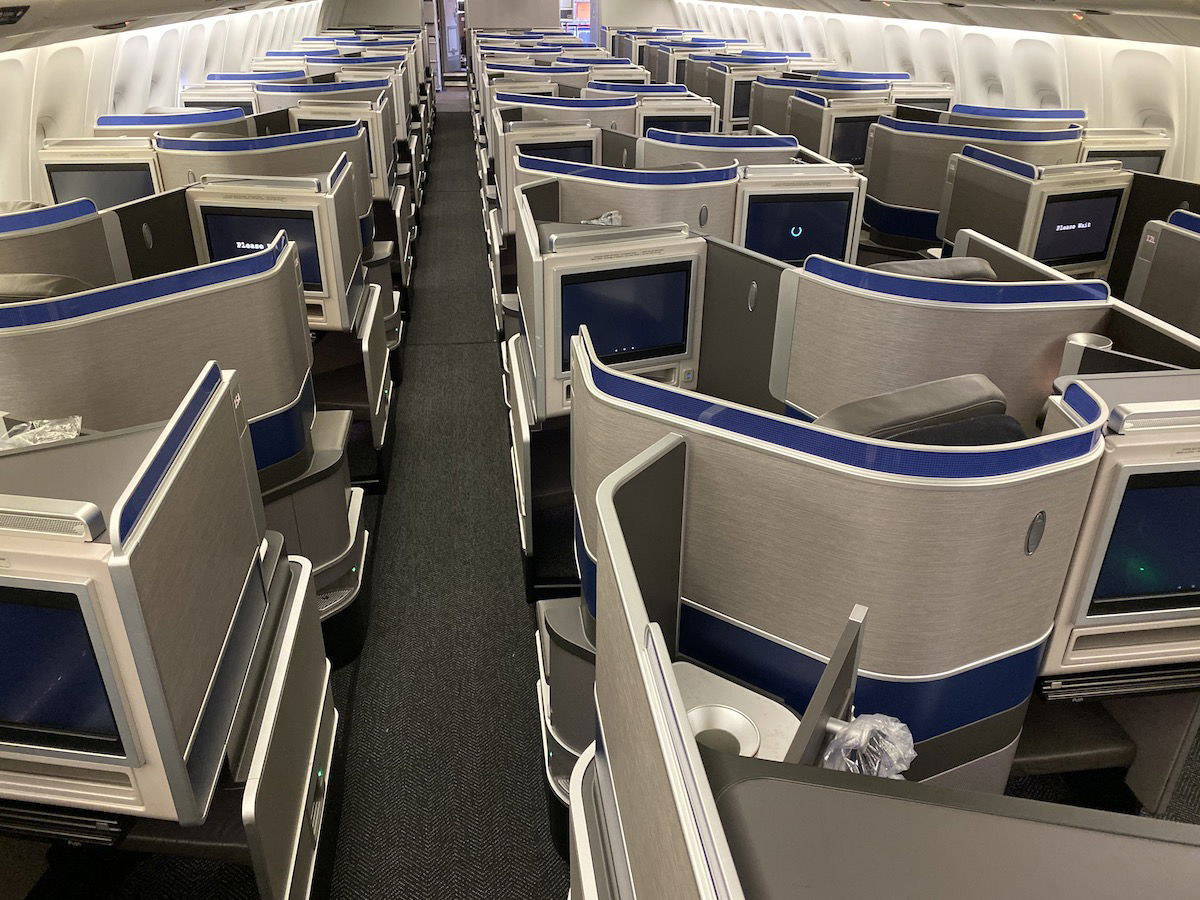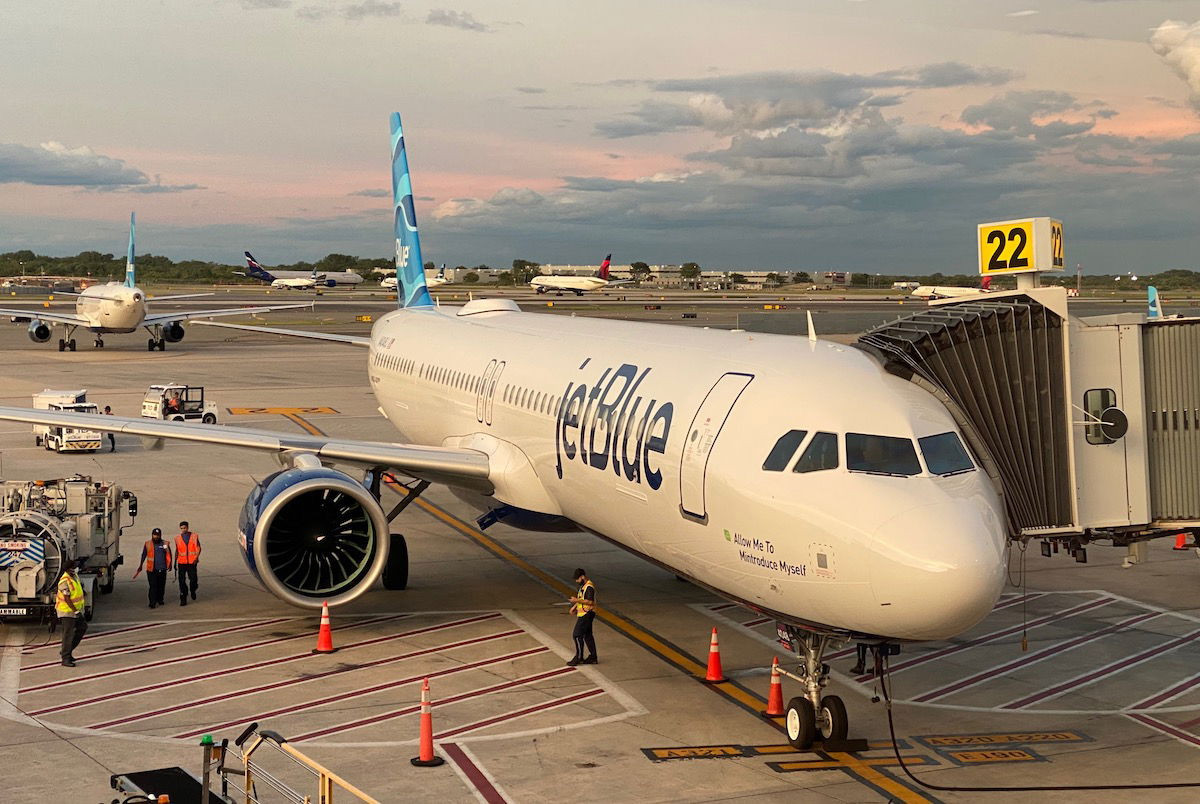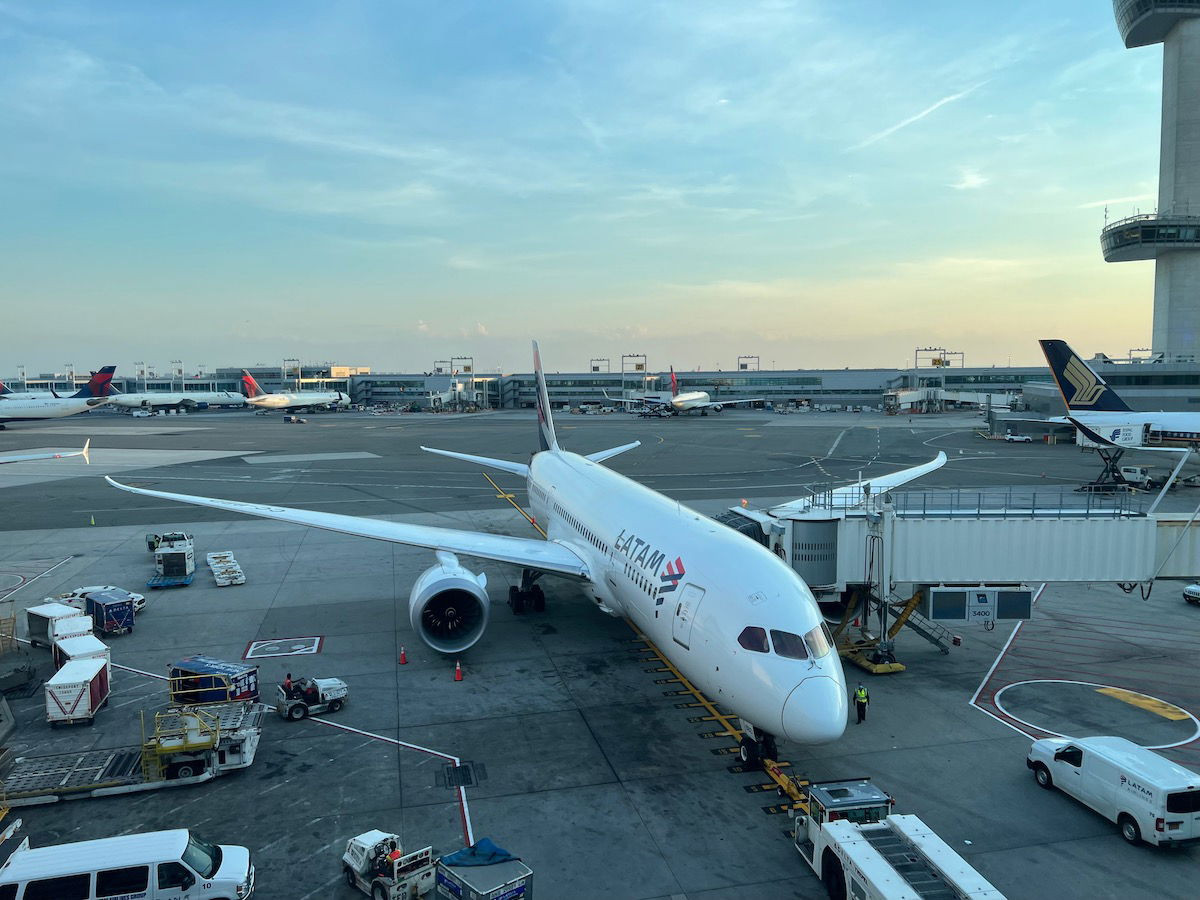For travelers in the New York area asking “Does United Fly Jfk?”, the answer, as of late October 2022, is no, not anymore. United Airlines has once again ceased its operations at John F. Kennedy International Airport (JFK), marking a significant, albeit possibly temporary, retreat from this major New York City hub. This decision comes after a brief return to JFK in 2021, highlighting the complexities and challenges airlines face when vying for coveted slots at congested airports. Let’s delve into the reasons behind United’s exit and what it means for the airline and passengers.
United’s Return and Short Stay at JFK
United Airlines’ history with JFK is somewhat turbulent. After pulling out of JFK in 2015 to consolidate its operations at Newark Liberty International Airport (EWR), United made a comeback to JFK in the spring of 2021. This return was initially seen as a positive move, offering travelers more options, particularly for premium transcontinental routes. United reintroduced flights from JFK to key destinations like Los Angeles (LAX) and San Francisco (SFO).
The context of this return was crucial. The global pandemic had created a temporary dip in air travel demand, leading to the availability of temporary slots at slot-restricted airports like JFK. These slots, usually tightly controlled by the Federal Aviation Administration (FAA), became accessible due to reduced flight schedules from other carriers. United seized this opportunity to re-establish a presence at JFK, recognizing the airport’s importance in capturing the New York market. United Airlines CEO Scott Kirby himself acknowledged that leaving JFK in 2015 was a misstep, indicating the airline’s desire to regain a foothold in this critical market.
However, JFK’s slot restrictions remained a significant hurdle. Unlike airports with fewer capacity constraints, JFK operates under a slot system, meaning airlines need to be granted specific slots to take off and land. These slots are limited, making it difficult for airlines to expand or even maintain their presence without securing sufficient slots.
 United Airlines Boeing 767 Polaris Class aircraft at JFK, highlighting their return to the airport in 2021.
United Airlines Boeing 767 Polaris Class aircraft at JFK, highlighting their return to the airport in 2021.
The Threat to Leave JFK
As air travel demand rebounded, the temporary slots United had secured became precarious. In September 2022, United Airlines issued a stark warning: without permanent slot allocations, it would be forced to withdraw from JFK again. In a memo to employees, United management articulated the core issue: their inability to compete effectively at JFK with a limited schedule compared to competitors with a stronger presence.
The memo highlighted the disparity in flight frequencies. For instance, JetBlue, a major player at JFK, operated flights to Los Angeles six times more frequently than United, and American Airlines also had a significantly larger presence on the route. United argued that to be a viable competitor at JFK, it needed more permanent slots to offer a more comprehensive and attractive schedule for travelers.
United appealed to the FAA to address the slot scarcity at JFK, pointing out that the number of hourly slots had remained stagnant since 2008, despite improvements in airport infrastructure. The airline contended that increasing slot availability, and granting some of those to United, would be in the public interest, fostering competition and providing consumers with more choices. The ultimatum was clear: grant United a “multi-season allocation” of slots, or they would leave JFK.
 JetBlue Mint Suites, a competitor United Airlines cited as a reason for needing more JFK slots to compete effectively.
JetBlue Mint Suites, a competitor United Airlines cited as a reason for needing more JFK slots to compete effectively.
United Airlines Pulls Out of JFK
Ultimately, United’s plea for additional permanent slots was unsuccessful. As a result, United Airlines officially ended its JFK service in late October 2022, coinciding with the end of the summer flight schedule. The routes to Los Angeles and San Francisco were discontinued, and operations were once again consolidated at Newark.
In a subsequent memo, United described the decision as a “difficult decision to temporarily suspend service at JFK,” emphasizing the “too-small-to-be-competitive schedule” and the return of other airlines to their JFK slots for the winter season. While framed as a temporary suspension, the future of United’s presence at JFK remains uncertain. Re-entering JFK would require acquiring a substantial number of slots, a challenging proposition in the highly competitive and slot-constrained environment.
 A United Airlines Boeing 757 aircraft, representing the type of flights being discontinued from JFK airport.
A United Airlines Boeing 757 aircraft, representing the type of flights being discontinued from JFK airport.
Analyzing United’s JFK Situation
United’s departure from JFK raises several points for consideration. While increased competition is generally beneficial for consumers, United’s arguments for preferential slot allocation were perceived by some as self-serving. Having voluntarily relinquished its JFK slots in 2015, benefiting from a slot swap with Delta, United’s subsequent victim narrative seemed somewhat ironic. Questions arose as to why United should be prioritized for permanent slots over airlines that had consistently sought entry into JFK.
Furthermore, JFK’s ongoing redevelopment projects might present logistical challenges to significantly expanding airport capacity in the near term, even if runway capacity could theoretically accommodate more flights. United’s return to JFK in 2021 was knowingly based on temporary slots, making the expectation of easily securing permanent slots appear somewhat optimistic.
United’s approach was also characterized by an all-or-nothing stance, demanding a multi-season slot allocation or threatening complete withdrawal. This approach contrasts with United’s arguments against slot expansion at Newark when ultra-low-cost carriers sought more slots, with United citing congestion concerns. This apparent contradiction in United’s stance across different airports highlights the complex and often self-interested nature of airline competition and airport slot management.
 Inside the Emirates Lounge at JFK Airport, symbolizing the competitive and slot-restricted environment of JFK.
Inside the Emirates Lounge at JFK Airport, symbolizing the competitive and slot-restricted environment of JFK.
Bottom Line
For now, United Airlines does not fly from JFK. United’s exit from JFK in late 2022 marks another chapter in the airline’s on-again, off-again relationship with this major New York airport. While United’s return to JFK in 2021 was initially welcomed as a pro-competitive move, the airline’s strategy hinged on securing permanent slots in a highly restricted environment. Ultimately, this gamble did not pay off. The future of United Airlines and JFK remains open, but for the foreseeable future, travelers looking for United flights in the New York area will need to utilize Newark Liberty International Airport.
What are your thoughts on United’s decision to leave JFK? Share your perspective in the comments below.
